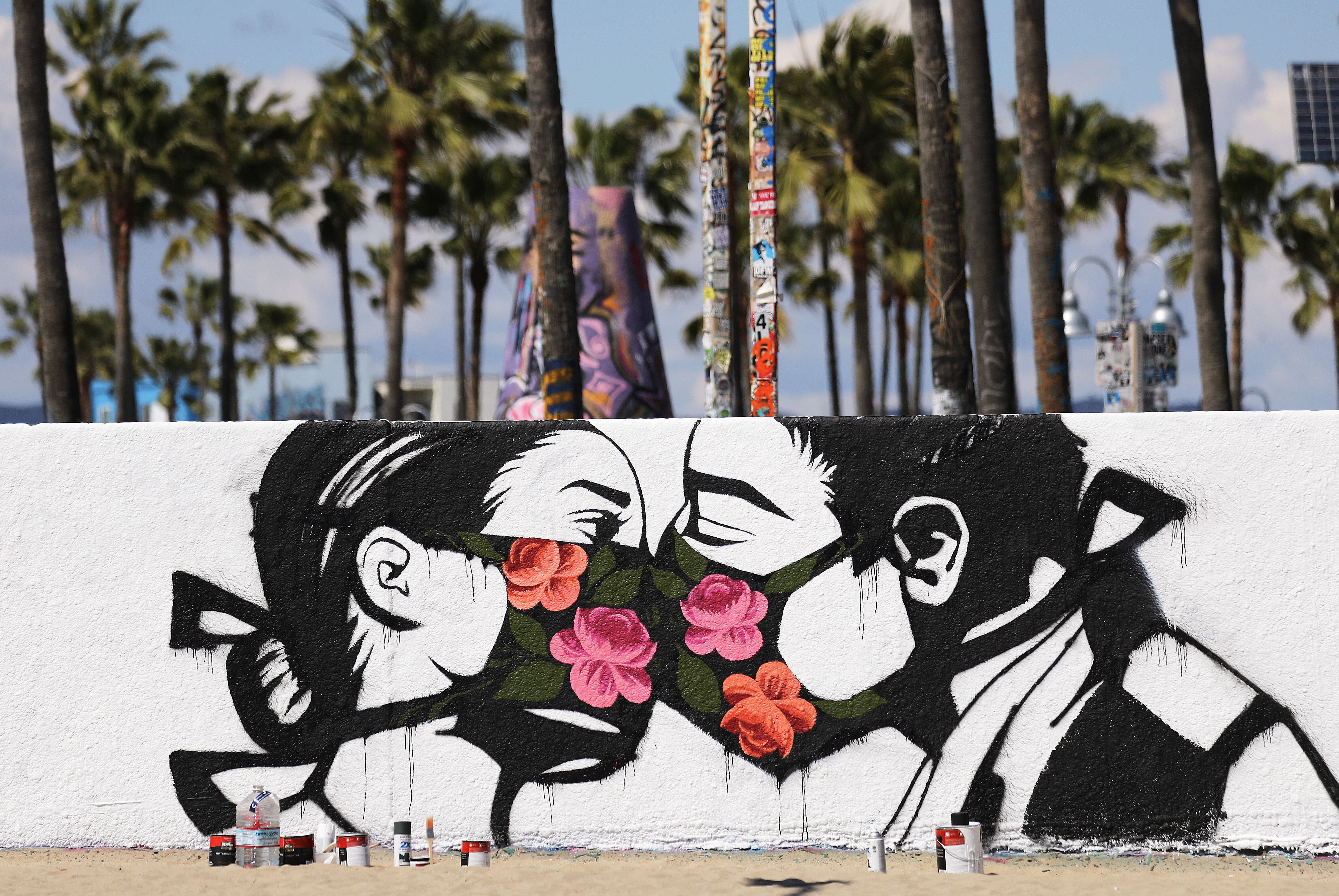
“Stress turns us inward and exhausts us,” says lead author and relationship researcher Lisa Neff, of the University of Texas at Austin. This exhaustion can indirectly harm a romantic relationship, a phenomenon called stress spillover. But the effects of blaming stress on bigger problems—such as a natural disaster or a serious medical diagnosis—have long been unclear, Neff says. Some studies have shown that stress spillover occurs, while others have found that couples actually report greater satisfaction with their partners.
Couples are much more aware of big stressors as they happen, Neff explains. Such events are usually all-consuming and easy to point to as reasons for feeling irritable or unhappy. “Under those conditions, people might use the stressor as a scapegoat,” she says. Even though the pandemic is a once-in-a-century kind of event, Neff says, there are past analogues, such as the 2007–2009 financial crisis. “During that time, people tended to blame the poor economy for the problems in their relationship,” she explains. A 2011 study found that such people reported feeling happier with their partner than couples who blamed each other for their day-to-day money problems.
To test if a similar phenomenon occurred in the time of COVID, Neff and her colleagues surveyed 191 participants for 14 days in April and May 2020. Members of the group, which included 81 couples and 29 individuals who had a partner but were participating without that person, answered questions about the sources of their stress and how satisfied they were with their relationship. The researchers then repeated the two-week survey last November and December and analyzed the responses. The team found that people generally blamed the pandemic for their daily stress more than they blamed themselves or their partner. When participants reported that stress was caused by the pandemic, they also reported higher satisfaction with their relationship.
Neff says she was surprised to observe that the benefits of pandemic scapegoating lasted for months. “We thought, as the situation lagged on, maybe people would forget about [the pandemic], or the stress would become too much,” she says. “But even in our follow-up wave, it was still beneficial.” Neff posits that because their follow-up occurred in November and December 2020, COVID-19 was still at the top of participants’ minds as they considered how to travel for and celebrate the holidays.
“This is a really novel application to understanding relationships in the time of COVID,” says Arizona State University researcher Ashley Randall, who studies how couples cope with stress and was not involved with the new study. But she adds that this work does not present a complete picture. “There are important limitations with respect to the study’s demographics,” she says. For instance, the participants were mostly white and well-educated, and only 16 percent reported a reduction in work hours and pay. People who lost their job or could not pay their bills might have experienced pandemic stress differently than those who remained financially secure. Concurrent events, such as high-profile incidents of police brutality and a rise in anti-Asian rhetoric and violence, could have also affected stressors for non-white couples, Randall notes.
Additionally, the analysis did not include any same-gender couples. Neff says her calculations suggested women might experience greater benefits than men, but she cautions that because more women than men participated in her investigation, these results might not be significant. In earlier studies of how the pandemic affected relationships, women reported greater emotional distress and a harder time maintaining a healthy work-life balance than men. Although Neff is not planning to probe the question of gender because of limitations of her sample set, she is now studying whether confinement and loss of alone time during COVID lockdowns actually brought couples closer together rather than driving them apart.
But even if pandemic scapegoating helped couples feel happier with their partner at the end of each day, is it healthy for people to blame all their relationship problems on external forces? “It’s easier for us to look outside of ourselves, whereas that ability to take and recognize ownership [is harder],” whether COVID-19 is the stressor or not, Randall says.
In any case, both Neff and Randall say this research shows how couples who present a “united front” against a shared stressor can move through tough times by reframing problems as obstacles to tackle together. Learning how to identify and verbally communicate those stressors help relationships stay resilient, Randall says. “These strategies are important—[in the] pandemic and beyond,” she adds.
No comments:
Post a Comment